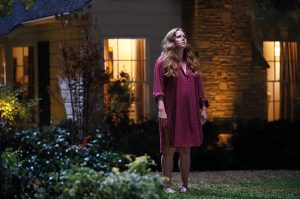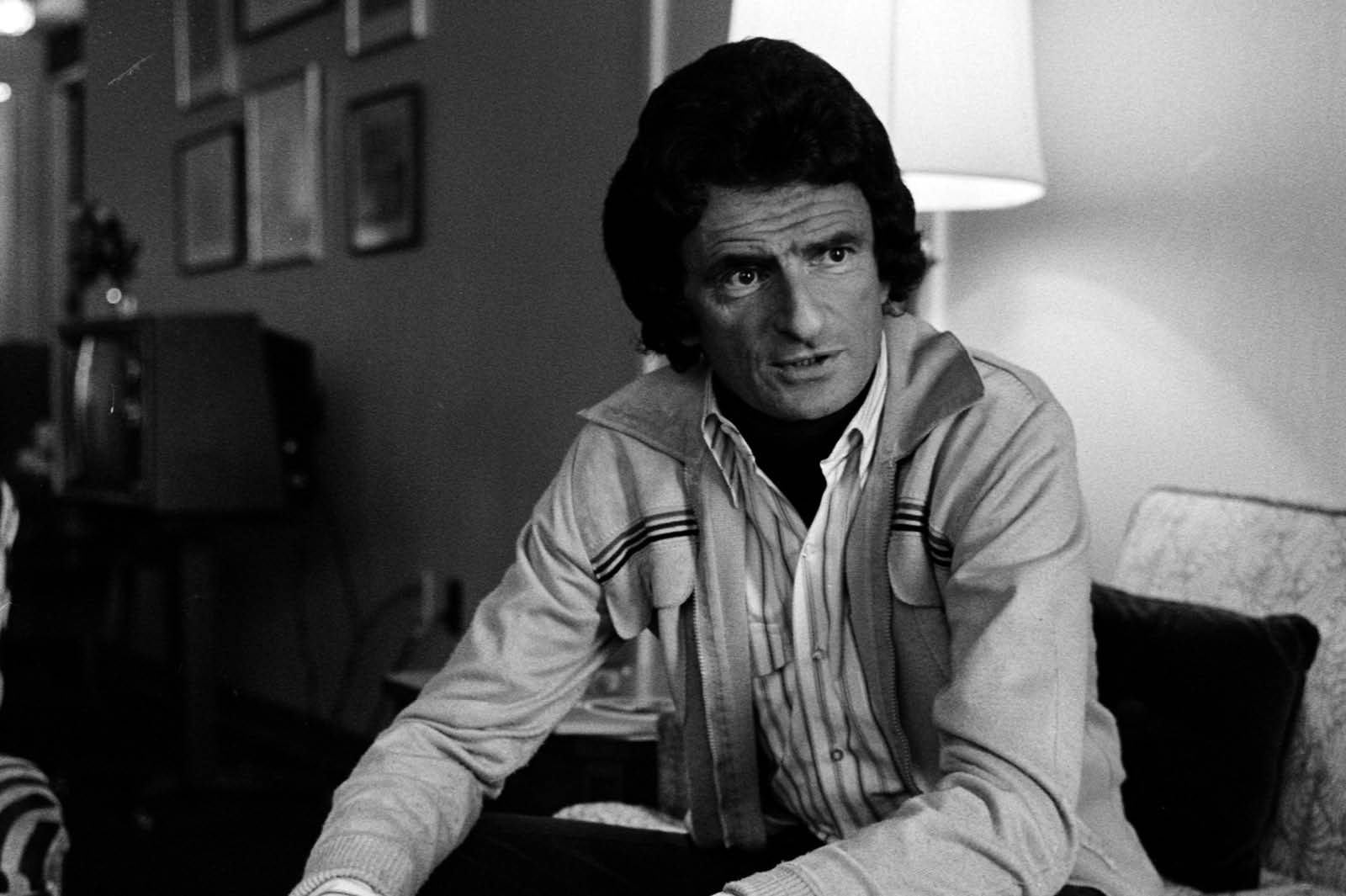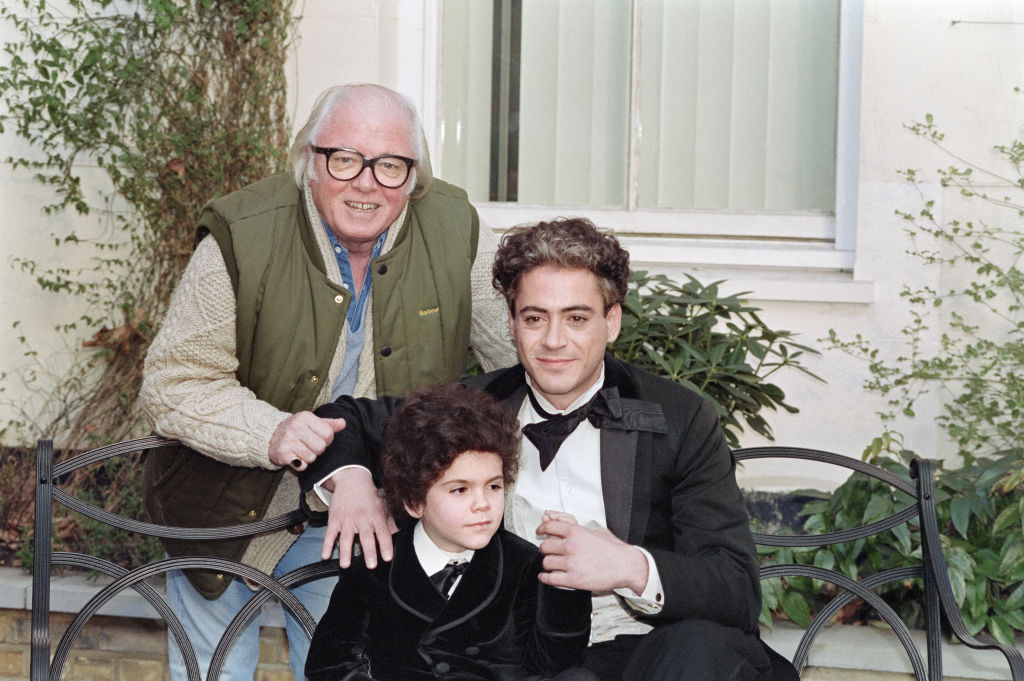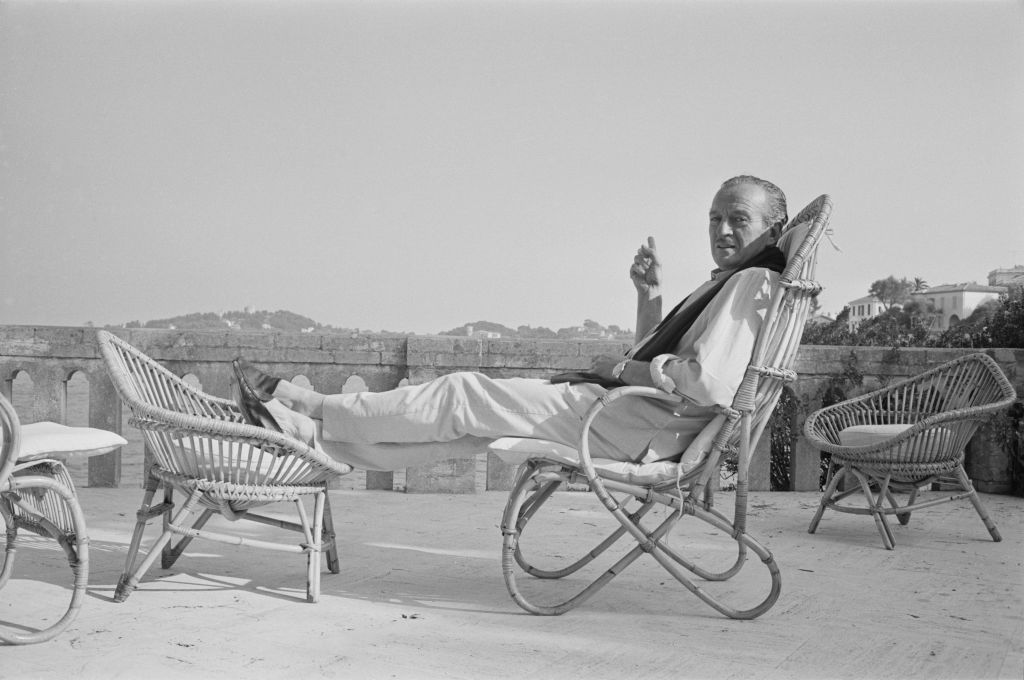Judy
is in cinemas this week and so is Joker and if you have to choose between the two, then it’s Judy every time. I would even add: step away from Joker. Step away, and step away now, if you know what’s good for you. It may be a masterpiece or it may be irresponsible trash — there is some controversy here — but either way it is so bleak and so dark and so upsetting the words ‘bleak’ and ‘dark’ and ‘upsetting’ don’t really cover it, and you may never be able to sleep again. Strange as it may be, the film about the wounded Hollywood chanteuse driven to an early and tragic death is, in fact, the far sunnier proposition.
Joker is an origins story for DC Comics’ beloved cackling supervillain and stars Joaquin Phoenix, who is all thin, twisty bones and maniacal, mirthless laughter. (I don’t think I’ve been as disturbed by a performance since the Child Catcher in Chitty Chitty Bang Bang.) He plays Arthur Fleck, clown and would-be stand-up, whose weirdness — that laugh! — does not win people over. Instead, he is beaten up in the street, bullied on the subway and chastised by a mum on the bus because he plays peek-a-boo with her kid. Meanwhile, he still lives with his mother (Frances Conroy), obviously, has the hots for the young woman (Zazie Beetz) from the apartment down the hall, and longs for human connection, which is never forthcoming. His social worker even tells him that society ‘doesn’t give a shit’ about people like him.
This film will put you in mind of Taxi Driver and Travis Bickle. Also, given there is a TV chat-show host Arthur idolizes (played by Robert De Niro), it will put you in mind of King of Comedy, so there is quite a lot of Scorsese going on here. Like Travis, and Rupert Pupkin, Arthur longs to be someone and have his existence acknowledged. A fellow clown from his clown agency gives him a gun, not for any good reason, I have to say, but because the plot demands it, and now he understands how he can make others sit up. So Joker is born. Joker with a grudge against everybody, including Thomas Wayne (Brett Cullen), the millionaire who wants to be Gotham City’s mayor and happens to have a young son called Colin. Only kidding. It’s Bruce.
Directed by Todd Phillips (who directed The Hangover trilogy, can you believe), the film is held together by Phoenix, who is spellbinding, in his twisty, maniacal way. But it is also charmless and hateful and unremittingly nasty. We’re never invited to ask why Arthur is so mentally ill, which is what he appears to be. And we’re never invited to ask if angry loners might empower themselves in ways that don’t necessarily involve extreme violence. A masterpiece, or irresponsible trash? You decide. Or just step away, and spare yourself the grief. That’s probably for the best.
On to Judy, the biopic of Judy Garland starring Renée Zellweger. I can see everything that’s wrong with it — why was Zellweger allowed to sing in her own average voice? Why do the flashbacks feel so forced? — but I still bought it, and was moved. Directed by Rupert Goold, the film focuses on Judy towards the end of her life, in 1968, when she appeared at the Talk of the Town in London. Broke, addicted, afflicted by insomnia, divorced from her fourth husband, separated from her children, she wasn’t in the best way. The flashbacks do feel forced, but at least they attempt to show how she had been wounded since childhood, particularly by Louis B. Mayer, and the studio system that fed her uppers and downers and worked her 20 hours a day and told her she was too fat.
Zellweger captures Garland’s jittery, broken-bird fragility (if not the singing voice) and I was often on the edge of my seat. Is tonight’s set going to go without a hitch or will it be like watching someone open a vein? It is heartbreaking, yet there are moments of great warmth, humor and humanity, as when she dines with the two fervent gay fans who can’t believe their luck, or consults a doctor who turns out to be kind.
Judy is a standard biopic that doesn’t toy with the genre in any way, but I bought it, like I said, and no one gets their throat slit or head shot off. So there is also that.
This article was originally published in The Spectator’s UK magazine. Subscribe to the US edition here.


























